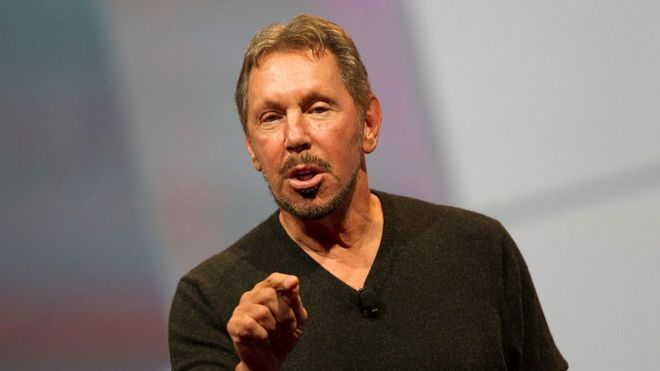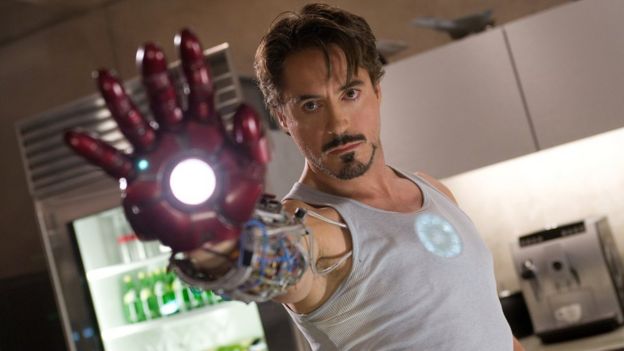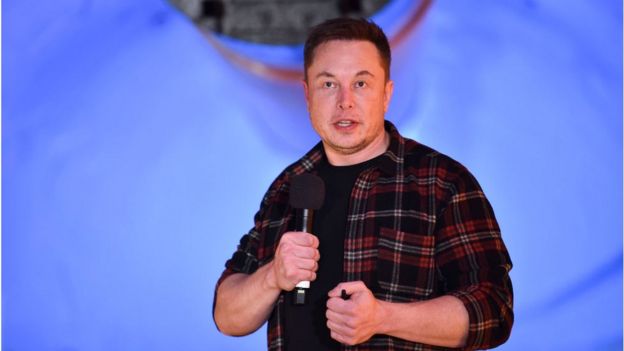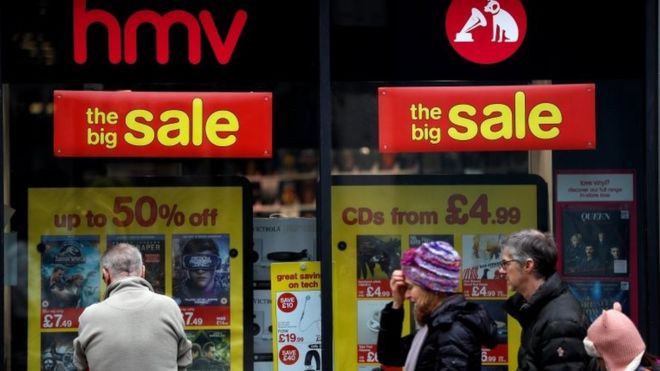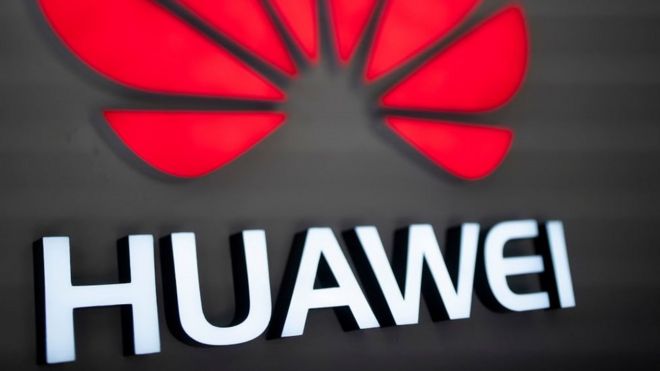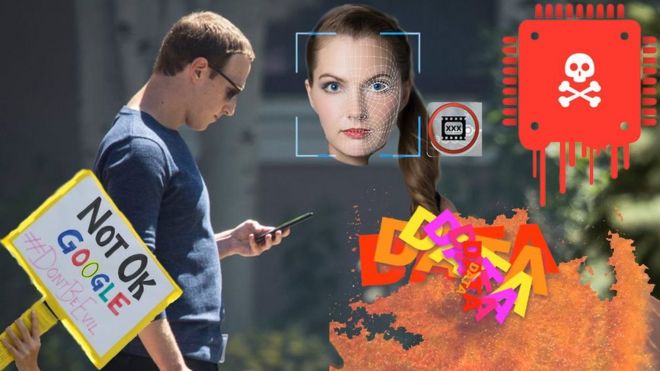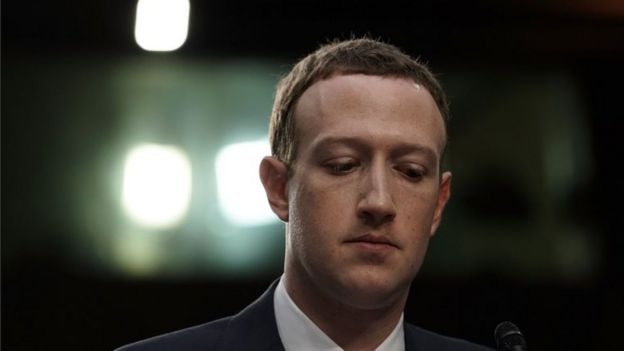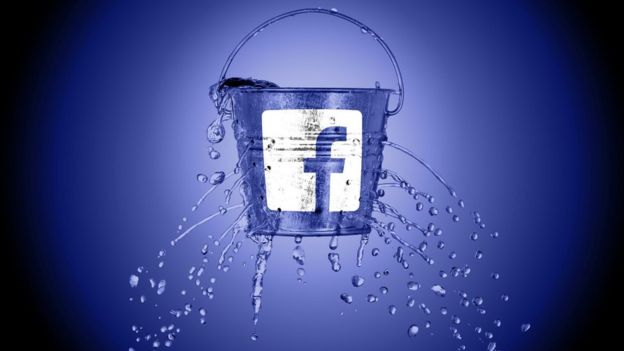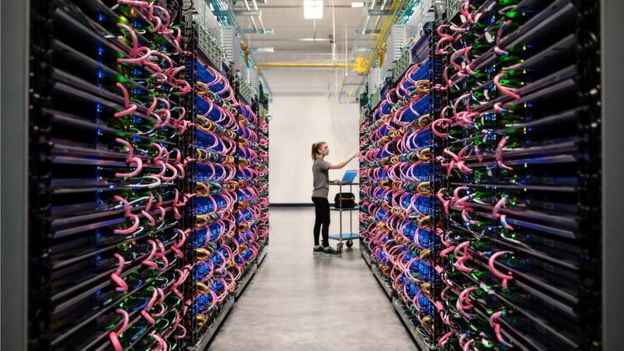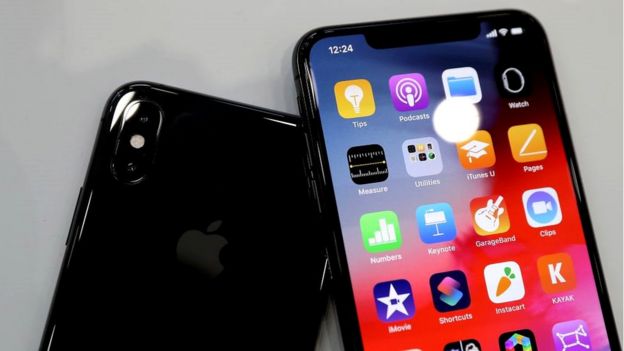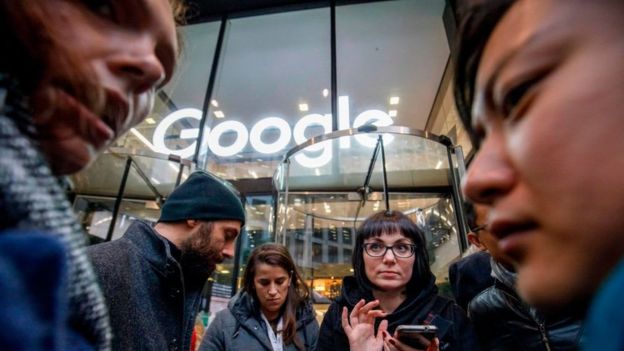Microsoft's miracle: How tech titan rebounded to take on Apple again
The fearful battering handed out to the FAANG stocks - Facebook, Apple, Amazon, Netflix and Google's owner Alphabet - since the late summer has had a most unexpected side effect.
For it has led to Apple, whose share price has lost a quarter of its value since 3 October, losing its title as the world's most expensive company.
Moreover, it has not been overtaken this time by Amazon, which briefly beat Apple in September to hold that particular accolade.
Instead, it has been surpassed by Microsoft, a business that for many years has been largely overlooked by investors amid the excitement surrounding the FAANGs.
Microsoft's stock market valuation on Monday briefly hit $812.93bn (£633.85bn), against just $812.60bn (£633.61bn) for Apple, with Amazon trailing on $773bn (£602bn). Apple was back on top by the time Wall Street closed on Monday night but, if recent trends continue, Microsoft could well recapture the number one spot again in coming days.

It represents quite a comeback by Microsoft, which was last a more valuable company than Apple as long ago as 2010, while you have to go all the way back to 2003 to find a time when the company co-founded by Bill Gates and Paul Allen - who died last month - was the world's biggest.
The reversal of fortune is due not just to the drop in Apple's share price, which reflects concerns over likely sales of iPhones, iPads and Apple Watches during the Christmas period, as well as unease among investors about the extent to which the company may be hit by tariffs on electronic devices, like Apple's, that are assembled in China.
It also reflects the turnaround achieved by Satya Nadella, who became Microsoft's chief executive in February 2014, succeeding Steve Ballmer.
The contrast between the two men could not be greater.

Mr Ballmer, a big bear of a man, was noisy, raucous, brash and aggressive in how he ran the business.
He positioned Microsoft as a fierce opponent of open-source software, such as the internet browsers Mozilla and Firefox, which is open to anyone to look at or modify and which is developed by programmers working collaboratively.
Mr Ballmer hated that.
He described the Linux operating system, one of the best examples of open-source software, as a "cancer". He regarded it as posing an existential threat to commercial producers of code like Microsoft. It did not exactly create an image of Microsoft as a customer-friendly business. It reinforced Microsoft's image as a company hated by techies and regulators alike.
Mr Ballmer's biggest mistake was to overlook the growing threats of Apple, Google and Facebook in the early 2000s.
Microsoft, whose Windows product dominated desktop computing, was slow to anticipate the challenge to PCs posed by products like the iPad while Google's development of the Android mobile operating system ensured Microsoft had no chance of dominating the smartphone sector in the way it had PCs. Similarly, the rise of social networks like Facebook were completely missed.
Microsoft sought to make up lost ground via acquisitions. But Mr Ballmer's biggest, the $8.5bn takeover of internet phone service Skype in 2011, failed to generate the cross-selling opportunities he hoped it would. His $7.2bn acquisition of Nokia's mobile handset business in 2013 and his $6.3bn acquisition of digital advertising firm aQuantive in 2007 both destroyed shareholder value.
Accordingly, when Mr Nadella - a much quieter and calmer figure - assumed control, Microsoft was a challenged business. The Indian-born executive has rebuilt it in several ways. Where once Microsoft dominated the PC market, Mr Nadella has invested heavily in the cloud, ensuring that the company now offers a range of services, including networking, software, databases, servers and storage, over the internet.
Although the cloud is dominated by Amazon Web Services, Microsoft has now established itself as a strong number two in the market with its Azure platform, overtaking Google along the way. Mr Nadella has also shrewdly positioned Microsoft as the company with whom retailers should partner in e-commerce if they wish to avoid doing business with Amazon's cloud computing platform.
Cloud computing and artificial intelligence are clearly where Microsoft anticipates its growth coming from in years to come, rather than its legacy software businesses, although these remain profitable.
In gaming, Sony's PlayStation console probably has an unassailable lead, but Microsoft's Xbox appears to have been holding its own against Nintendo while the company actually now makes more from gaming software than gaming hardware thanks, in part, to the $2.5bn acquisition of Mojang, the company behind Minecraft, seven months after Mr Nadella became CEO.
Mr Nadella has also placed bets on other services, such as augmented reality, with products like the HoloLens headset.
But perhaps his greatest achievement has been to reposition Microsoft as a "cool" company in Silicon Valley instead of the boastful, unloved company it was under Mr Ballmer.
The $26bn acquisition in 2016 of LinkedIn brought the social network's co-founder Reid Hoffman, one of the best-connected figures in the Valley, on to the Microsoft board.
Mr Nadella introduced popular Valley activities like hackathons to Microsoft for the first time. And, most symbolically of all, he further sought to build bridges with geekdom when, earlier this year, he paid $7.5bn (£5.9bn) for GitHub, which is used by 28 million software developers to work on and store their code, the very type of collaborative business shunned by Mr Ballmer.
That change of style has not only changed the way the tech industry looks at Microsoft. The change of emphasis within the business has rebuilt profits and changed the way investors look at it. Its full-year results, published in July, confirmed that it has notched up $100bn (£78.42bn) worth of annual sales for the first time and is more profitable than at any point in its 43-year history.
Go to my website www.joestechhelp.co.uk


